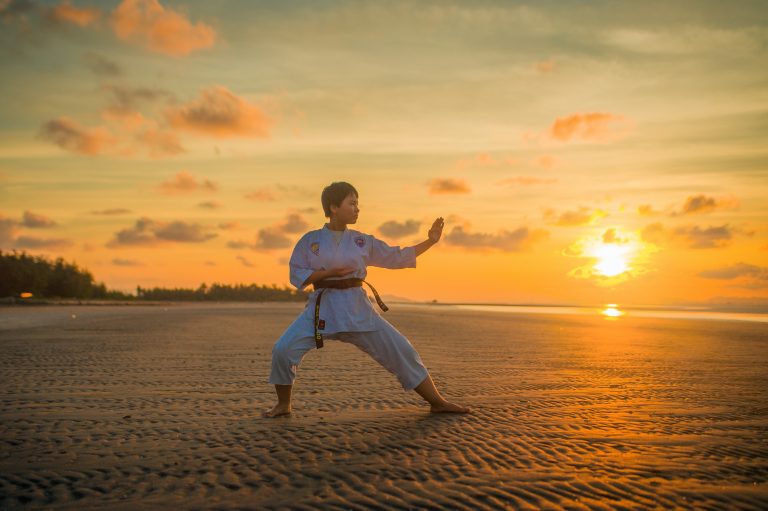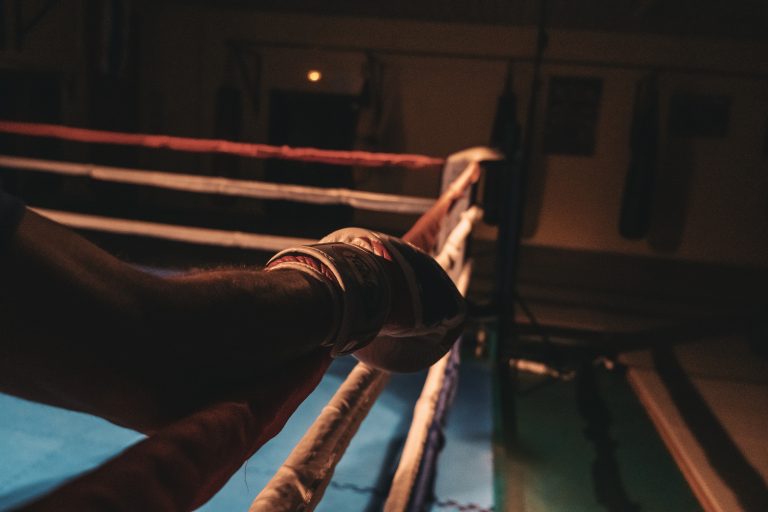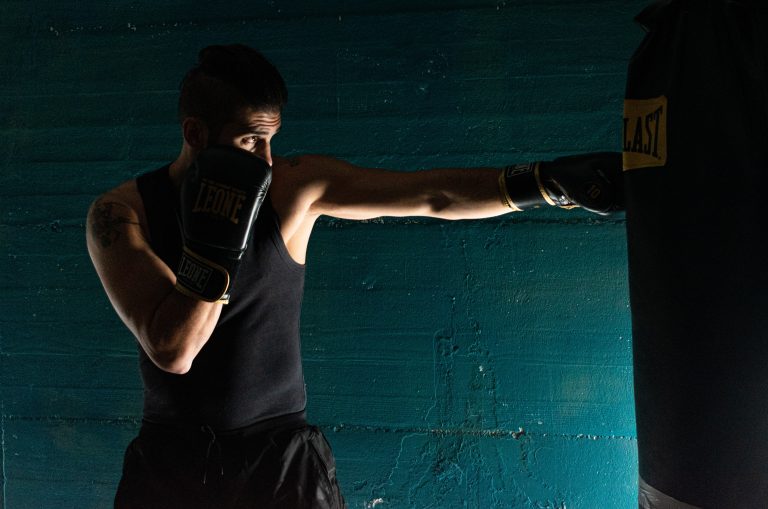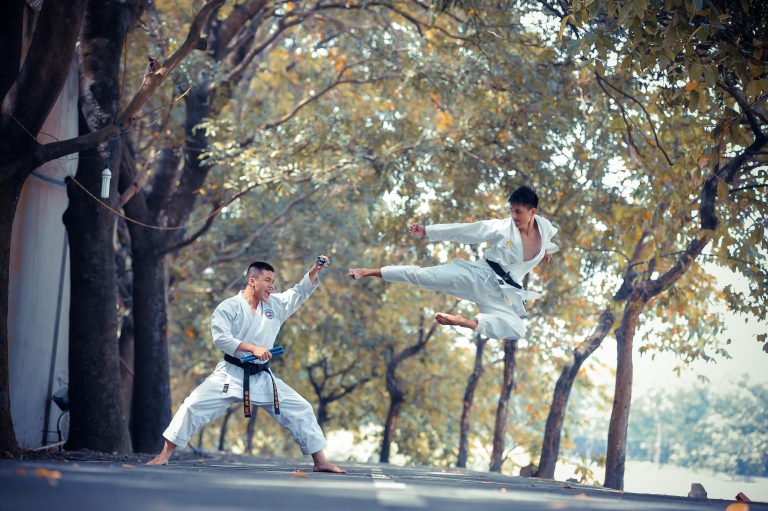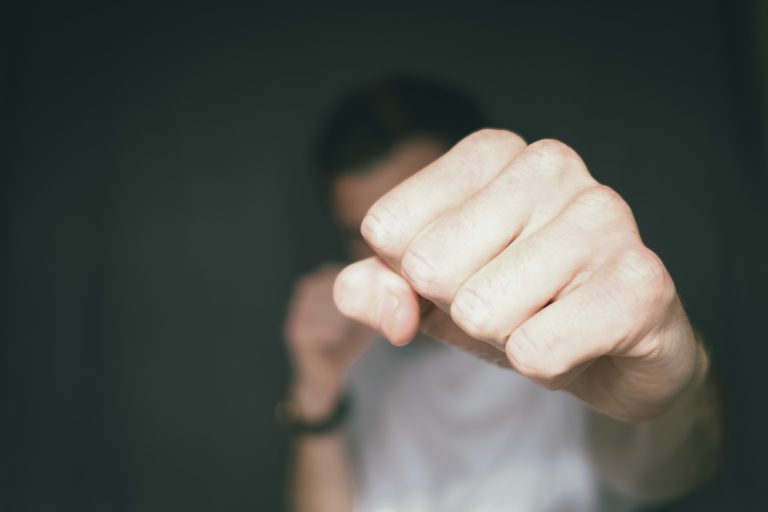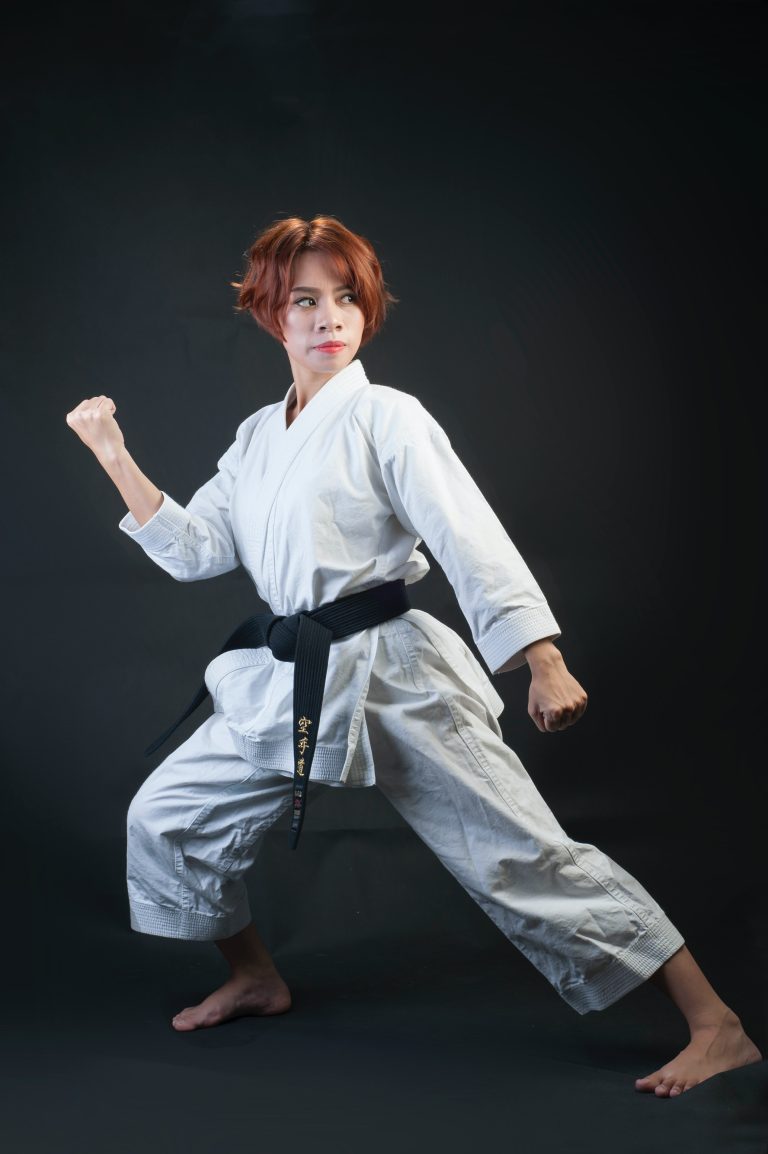Famous Phrases from Karate Kid
The Karate Kid is a popular movie that has been around for over three decades. The movie follows Daniel LaRusso, played by Ralph Macchio, as he learns karate from Mr. Miyagi, played by Pat Morita. The film is known for its inspirational and witty dialogue, which has become iconic in pop culture. In this blog post, we will explore the famous phrases from Karate Kid, their meanings, and the impact they have had on the world.
‚Wax on, Wax off‘
One of the most iconic phrases from Karate Kid is ‚Wax on, wax off.‘ This phrase was used by Mr. Miyagi while teaching Daniel karate. It refers to the motion of waxing a car by rubbing a cloth in a circular motion. Mr. Miyagi used this motion to teach Daniel the right arm motion for blocking punches. Once Daniel realized that he had been practicing karate all along, he was amazed and grateful to Mr. Miyagi.
This phrase has become a symbol of learning something without even realizing it. It has inspired many people to take a closer look at what they are doing and find the lessons hidden within. It also reinforces the idea that practice and hard work can lead to success.
‚No such thing as bad student, only bad teacher‘
In Karate Kid, Mr. Miyagi also famously said, ‚No such thing as bad student, only bad teacher.‘ This phrase refers to the idea that it is the responsibility of the teacher to ensure that their students learn properly. If a student fails, it means that the teacher has failed.
This phrase has become a reminder to teachers that they play a significant role in shaping the minds of their students. They need to provide the right guidance and a positive learning environment to help their students succeed. It has also become a warning to students not to blame their teachers if they fail but to take responsibility for their own learning.
‚Sweep the leg‘
‚Sweep the leg‘ is a phrase that has become synonymous with Karate Kid. It is a line that Johnny Lawrence, played by William Zabka, gives to his opponent, Daniel, during a karate tournament. The phrase refers to the action of sweeping out one’s legs to make them fall. This tactic is considered dirty play in martial arts.
This phrase has become a symbol of playing dirty or using unethical tactics to win. It is a reminder that winning at all costs is not a noble or admirable goal. The phrase has become part of pop culture and is used humorously to refer to any underhanded tactic used to achieve a goal.
‚Strike first, strike hard, no mercy‘
Another iconic phrase from Karate Kid is ‚Strike first, strike hard, no mercy.‘ This phrase was used by Johnny’s sensei, John Kreese, played by Martin Kove. It refers to the idea of being ruthless and aggressive in combat to win.
This phrase has become a symbol of toxic masculinity and the idea of winning at any cost. It is a reminder that the ends do not always justify the means. This phrase has become part of pop culture and is used humorously to refer to any aggressive or over-the-top behavior.
‚Banzai, Daniel-san!‘
The final phrase we will explore is ‚Banzai, Daniel-san!‘ This phrase was used by Mr. Miyagi after Daniel won the karate tournament. It is a term used to express enthusiasm, excitement, or congratulations. It is also a term used to inspire courage and bravery.
This phrase has become a symbol of positivity and encouragement. It is a reminder that we should celebrate and encourage the success of others. It has also become a way to express enthusiasm and excitement in various situations.
Famous Phrases From Karate Kid
The Most Frequently Asked Questions
If you are a fan of the classic movie „Karate Kid,“ then you must know that there are some famous phrases from the movie that have become iconic over the years. While these phrases may seem simple, they are rich in meaning and have inspired many people in different walks of life.
However, even though the movie was released decades ago, people still wonder about the origins, meanings, and contexts of these phrases. In this blog post, we will answer some of the most frequently asked questions about famous phrases from the „Karate Kid.“
1. „Wax on, wax off“ – What does it mean?
One of the most famous phrases from the „Karate Kid“ is „wax on, wax off.“ This phrase was popularized by Mr. Miyagi, the karate master who trained the protagonist, Daniel LaRusso, in karate.
In the movie, Daniel initially doubts the seemingly pointless tasks such as painting a fence or sanding the deck that Mr. Miyagi gives him. However, as he continues to perform these tasks, he realizes that he’s actually learning the basic movements of karate. The phrase „wax on, wax off“ refers to the circular hand movements that Daniel learns as he waxed Miyagi’s classic cars – this movement is a fundamental block that later Daniel used in his final-competition winning kick.
Ultimately, the phrase „wax on, wax off“ symbolizes the importance of hard work, discipline, and dedication in achieving a goal.
2. „Sweep the leg“ – Where does it originate from?
Another famous phrase from „Karate Kid“ is „sweep the leg.“ In the movie, this phrase is spoken by Johnny Lawrence, Daniel’s rival, instructing him to sweep Daniel’s leg deliberately during a karate match, injuring him and thus gaining an advantage.
The phrase is a fairly common expression that means to disable or cripple an opponent, specifically, to trip or knock someone to the ground by striking their lower leg. The concept of sweeping the leg originated in martial arts and has become a common technique in various forms of martial arts.
However, the phrase is often associated with „Karate Kid“ and is spoken with a negative connotation, as it refers to cheating, playing unfairly, and violating the spirit of martial arts.
3. „No Mercy“ – What does it really mean?
„No Mercy“ is the slogan adopted by Cobra Kai, the dojo led by Johnny Lawrence, who advocates for brutal, aggressive, and ruthless behavior among his students.
In the movie, Daniel is taught by Mr. Miyagi that martial arts is not just about winning or fighting, but about balance, respect, and humanity. In contrast, Johnny Lawrence’s „no mercy“ mentality goes against these teachings, emphasizing the importance of winning at all costs, even if it means inflicting serious injury on opponents.
The phrase „no mercy,“ therefore, is symbolic of the two opposing styles of karate – honor and respect versus aggression and ruthlessness. It is ultimately up to the individual to decide which path they will follow.
4. „Banzai“ – What does it mean, and why is it shouted during the final competition?
„Banzai“ is a Japanese word that loosely means „ten thousand years of happy life.“ It is often used as an expression of celebration, victory, or enthusiasm.
In the movie, the phrase is shouted by Daniel as he executes the final kick that wins him the karate competition, symbolizing his triumph over his opponents and his journey to become a skilled martial artist.
The use of „Banzai“ highlights the connection between the competition and Japanese culture and the traditional values of respect, discipline, and perseverance.
5. „Daniel-san“ – Why does Mr. Miyagi call Daniel by this name?
In the movie, Mr. Miyagi, played by Pat Morita, calls Daniel LaRusso „Daniel-san.“ The term „san“ is a Japanese honorific used to show respect, similar to „Mr.“ or „Ms.“ used in Western cultures.
Mr. Miyagi, who is from Okinawa, Japan, sees Daniel as a student and calls him „Daniel-san“ to show his respect and admiration for him. This also reflects the traditional and hierarchical nature of Japanese culture, where age and experience are highly valued.
In conclusion, these famous phrases from the „Karate Kid“ have become an integral part of pop culture, inspiring and motivating many people across generations. Whether it’s the discipline, respect, and hard work of „wax on, wax off,“ or the competitive spirit of „no mercy,“ these phrases serve as reminders of the core values that are essential for success in any endeavor.
How to Use Famous Phrases from Karate Kid in Everyday Life
If you are a fan of the iconic martial arts movie „Karate Kid,“ you know that it’s not just about fighting — it’s also packed with valuable life lessons. One of the most memorable aspects of the movie is the famous phrases that are still quoted and used in everyday life today. In this guide, we’ll explore how you can use these phrases in your everyday life to inspire and motivate yourself and others.
1. „Wax on, wax off“
Mr. Miyagi’s instruction to Daniel-san to „wax on, wax off“ may seem tedious and boring, but it teaches us an important lesson about the power of practice and repetition. The phrase is now used as an idiom to describe a task or chore that may seem pointless but actually serves a greater purpose.
In your own life, you can apply this phrase by focusing on the process and not just the end result. When you are working on a new skill or project, don’t just rush through it to get it done. Take the time to practice and perfect each step, just as Daniel-san did with his car waxing. By doing so, you’ll build competence and confidence in your abilities.
2. „Sweep the leg“
This infamous phrase from the villainous Cobra Kai instructor, John Kreese, is a reminder that we should always strive to be fair and ethical in our actions. In the movie, Kreese instructs his student to sweep the leg of his opponent, which is an illegal and dangerous move in karate.
In your own life, you can use this phrase as a reminder to always play fair and not resort to shortcuts or dirty tactics to get ahead. Whether you are in school, at work, or in your personal relationships, always strive to act with integrity and treat others respectfully.
3. „No mercy“
Another sinister phrase from John Kreese, this phrase is a warning to his students to show no mercy to their opponents. While it may be effective in the context of a martial arts competition, it’s not a healthy or sustainable attitude to have in everyday life.
Instead, use this phrase as a reminder to be kind and compassionate towards others. Showing mercy and understanding can go a long way in building relationships and making the world a better place.
4. „Strike first, strike hard, no mercy“
This is the infamous motto of the Cobra Kai dojo, and it exemplifies a ruthless approach to competition and life. While it may be effective in the short-term, it’s not a sustainable or ethical way to conduct oneself.
Instead, use this phrase as a reminder to be proactive and assertive in pursuing your goals. Take action and don’t be afraid to go after what you want, but always do so with respect for others and a sense of fairness.
5. „Balance is key“
Mr. Miyagi’s emphasis on balance in both physical and mental aspects of martial arts is a crucial lesson for all of us. In our busy and hectic lives, it’s easy to lose sight of the importance of taking care of both our physical and mental well-being.
Use this phrase as a reminder to take care of yourself holistically. Make time for physical exercise, meditation, and self-care activities that help you maintain balance and harmony in your life.
Conclusion
While these phrases may have originated in a karate movie, they hold valuable lessons that can be applied to all aspects of our lives. Use them as reminders to act with integrity, be proactive in pursuing your dreams, and take care of yourself and others. Remember, it’s not just about fighting — it’s about living a fulfilling and meaningful life.
Inhaltsverzeichnis

